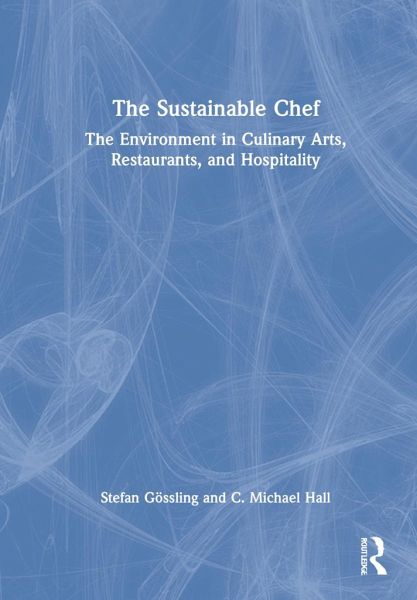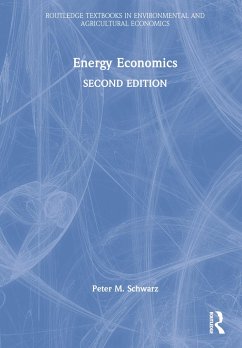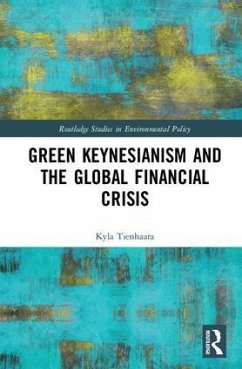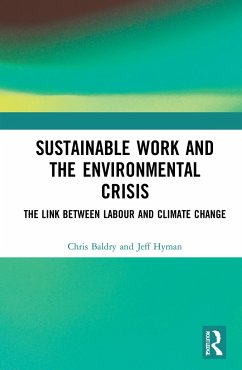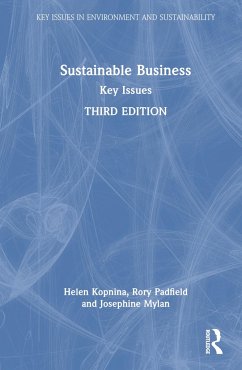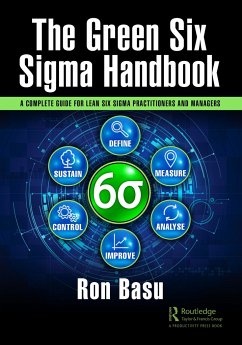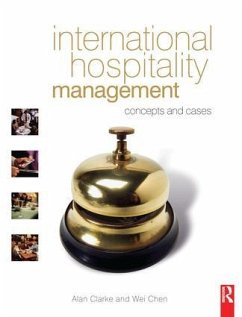Stefan Gossling is a Professor in the Department of Service Management and Service Studies, Lund University, Sweden, as well as the School of Business and Economics, Linnaeus University, Sweden. He is also the research coordinator for tourism studies at the Western Norway Research Institute. He is interested in the sustainability of food, owns a farm and has made various attempts at running a restaurant that have made him aware of the many difficulties entrepreneurs face in implementing sustainable practices. C. Michael Hall is a Professor in the Department of Management, Marketing and Entrepreneurship, University of Canterbury, New Zealand, Docent in Geography, University of Oulu, Finland, a Visiting Professor in Tourism at Linnaeus University, Sweden, and a Guest Professor in the Department of Service Management and Service Studies, Lund University, Sweden, and the Department of Food, Nutrition and Culinary Science, Umea University, Sweden. He has written widely on tourism, regional development, policy, World Heritage, global environmental change and food, as well as growing tree crops on his family's regenerative farming property.
